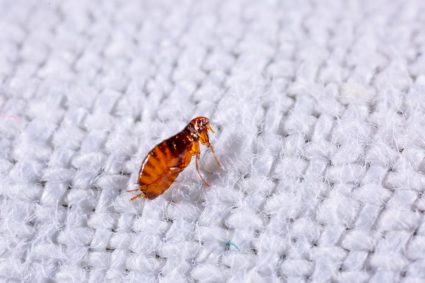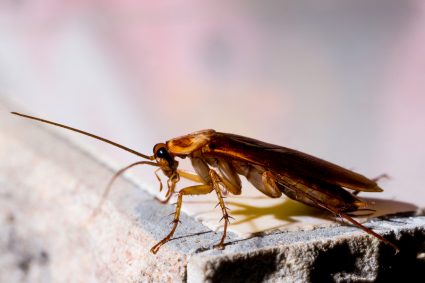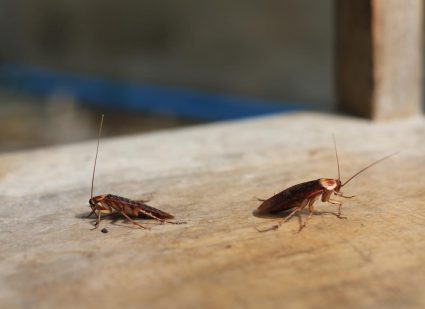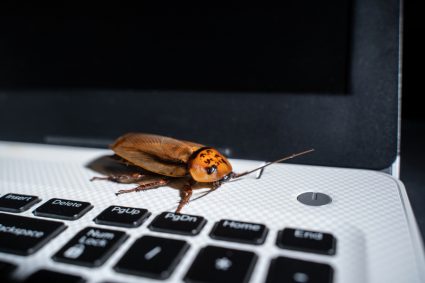
Simparica Trio is a widely recognized and recommended chewable tablet for dogs, known for its effectiveness in protecting against heartworm disease, ticks and fleas, roundworms, and hookworms. However, many pet owners often wonder if this potent medication has any effect on ringworm, a common fungal infection in dogs.
What is Simparica Trio?
Simparica Trio is a prescription-only, monthly chewable tablet for dogs that combines three active ingredients: sarolaner, moxidectin, and pyrantel pamoate. The medication is designed to provide protection against various parasites.
Sarolaner is effective against fleas and ticks, moxidectin is used to prevent heartworm and lungworm disease, and pyrantel pamoate is intended for the treatment and control of roundworm and hookworm infections in dogs.
Simparica Trio is suitable for dogs and puppies 8 weeks of age and older, weighing 2.8 pounds or greater.
Does Simparica Trio Kill Ringworm?
The short answer is no. Simparica Trio does not kill ringworm. Ringworm is not a worm but a skin infection caused by a fungus. While Simparica Trio is effective against a range of parasites, it does not have any effect on ringworm.
Common treatments for ringworm in pets usually involve a combination of topical therapy (creams, ointments, or shampoos) and systemic therapy (oral anti-fungal medications).
Understanding Ringworm in Pets
Ringworm, or dermatophytosis, can infect dogs, cats, and other living creatures, including humans. Symptoms in pets can include circular areas of hair loss, dry and scaly skin, broken hair, and brittle nails.
Ringworm is contagious and can spread through direct contact with an infected animal’s skin or hair. It can also spread by touching objects contaminated with the fungus, such as blankets and towels.
Common Treatments for Ringworm
Common treatments for ringworm in pets involve a combination of topical and systemic therapies. Topical therapy includes the application of creams, ointments, or shampoos containing antifungal agents like miconazole, terbinafine, or clotrimazole to the affected skin areas.
Systemic therapy involves the administration of oral antifungal drugs. For dogs, the most widely used drug is griseofulvin, while newer drugs like itraconazole are also used.
Simparica Trio and Ringworm: A Comparison
In summary, Simparica Trio is not designed to treat ringworm infections. To treat ringworm in dogs, a combination of oral and topical anti-fungal medications is typically recommended.
Potential Side Effects of Simparica Trio
The most frequently reported adverse reactions in clinical trials were vomiting and diarrhea. Other side effects can include lethargy, loss of appetite, increased thirst, and itching or skin irritation.
However, there is no specific information available regarding the use of Simparica Trio on pets with ringworm. It is important to consult with a veterinarian before using Simparica Trio or any other medication on a pet with ringworm to ensure the appropriate treatment and avoid potential complications.
In conclusion, while Simparica Trio is a potent medication for protecting dogs against various parasites, it does not kill or treat ringworm. As always, consult with your veterinarian for the most appropriate treatment plan for your pet’s specific needs.
Frequently Asked Questions
Can I use Simparica Trio for puppies?
Yes, Simparica Trio is suitable for dogs and puppies that are 8 weeks of age and older, weighing 2.8 pounds or greater.
What are the active ingredients in Simparica Trio?
Simparica Trio combines three active ingredients: sarolaner, moxidectin, and pyrantel pamoate. Sarolaner is effective against fleas and ticks, moxidectin is used to prevent heartworm and lungworm disease, and pyrantel pamoate is intended for the treatment and control of roundworm and hookworm infections in dogs.
Is ringworm contagious to other pets or humans?
Yes, ringworm is contagious and can spread through direct contact with an infected animal’s skin or hair. It can also spread by touching objects contaminated with the fungus, such as blankets and towels.
What are the typical symptoms of ringworm in pets?
Symptoms of ringworm in pets can include circular areas of hair loss, dry and scaly skin, broken hair, and brittle nails.
What are the common side effects of Simparica Trio?
The most frequently reported adverse reactions in clinical trials were vomiting and diarrhea. Other side effects can include lethargy, loss of appetite, increased thirst, and itching or skin irritation.












